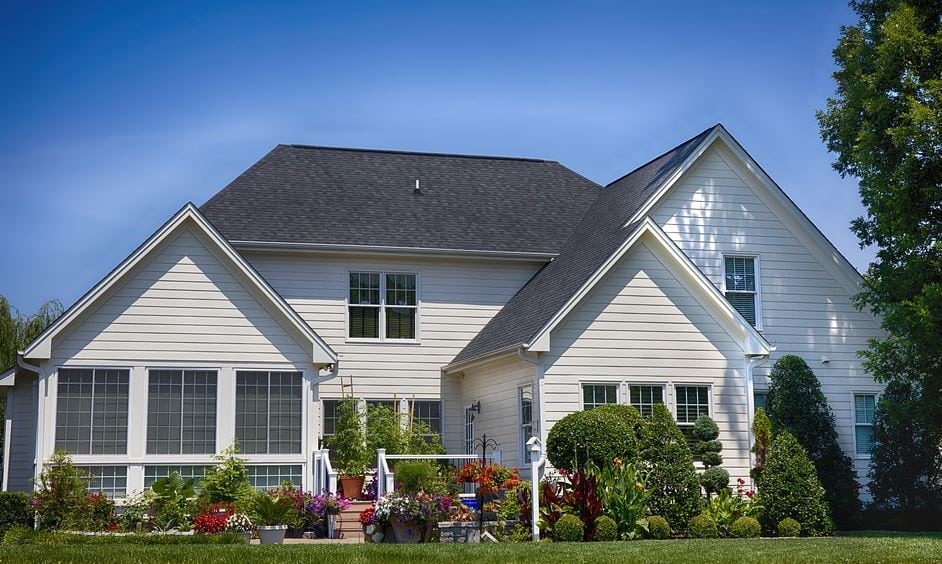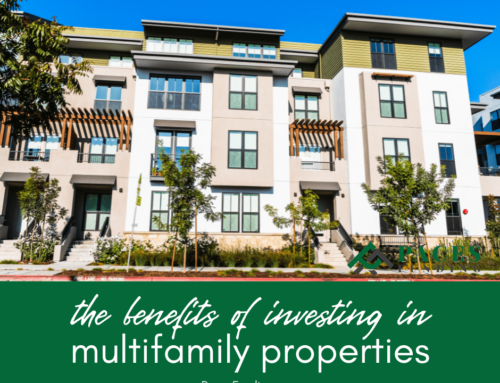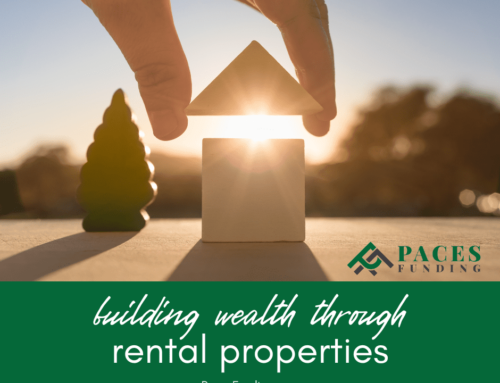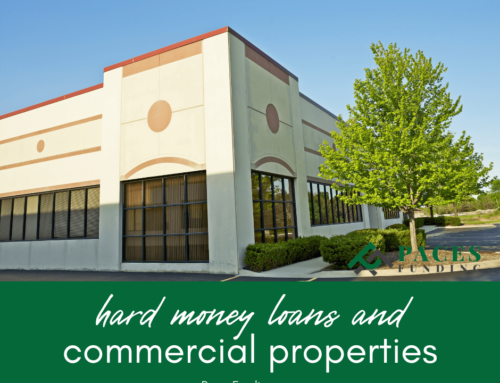
How To Appeal The County Assessor’s Property Value In North Carolina
North Carolina’s property tax is “ad valorem,” so you’re taxed based on the property value. But what happens when you disagree with the county assessor? The assessor revalues properties within the county at least every eight years. So, if you get a wrong value placed on your property, you could be paying the wrong tax on it for the next eight years!
It’s partly your responsibility to check your assessed value, if you own property. The good news is there is recourse. If you disagree with the assessment, you can appeal it. Imagine being over taxed for your property for nearly a decade. If the assessor’s value seems wrong, you can appeal it. To appeal your property’s assessed value in North Carolina, you can go to the local board of Equalization. Often you can just make informal contact and assessors will work with you, if they’ve made an error.
Are You Looking for a Hard Money Loan to Flip a House?
Paces Funding is a hard money lender offering hard money loans to purchase and renovate non-owner occupied residential and commercial properties throughout the Atlanta, Nashville, Florida, North and South Carolina metropolitan areas. Our application process for hard money loans is easy. Just fill out this very simple online form and you will be contacted shortly. Unlike other lenders, the window between applying and funding is very small. We have funded properties in as a little as one day, but typically funding hard money loans takes about seven to ten days.
Call us at 404-814-1644 or contact us online to find out whether you might qualify for this type of funding. In the meantime, check to ensure that you meet our loan criteria. Our loan amounts can be up to 65 percent of the after-repaired value of the collateral—and if you use the loan for renovation or construction, the loan amount can be based on the collateral’s improved value.














